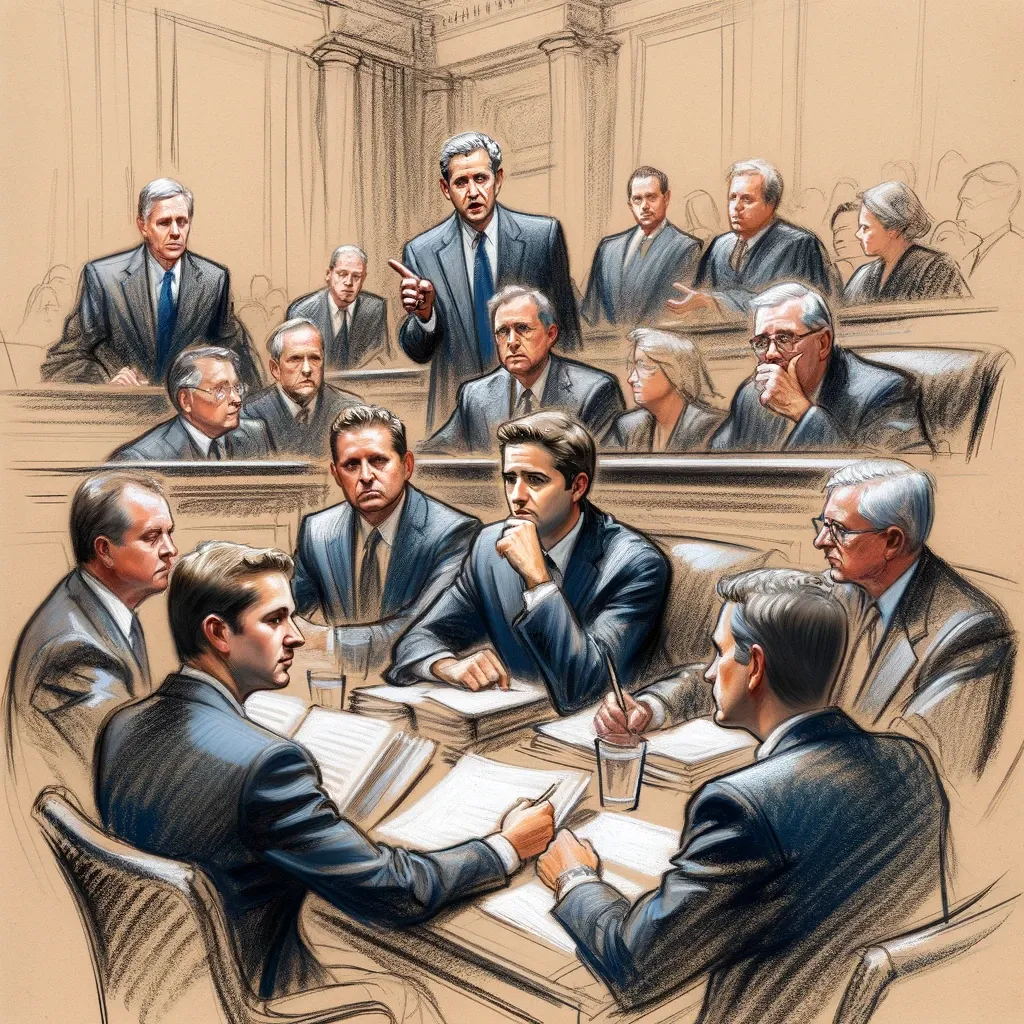Case Digest on Dupree v. Younger

This case addresses the legal ramifications of alleged misconduct by a correctional officer against a pretrial detainee. The key doctrine involves the examination of civil rights violations under 42 U.S.C. § 1983, particularly in the context of the use of force within correctional facilities and the responsibilities of correctional officers.
Introduction:
Dupree v. Younger delves into serious allegations of abuse within the penal system, focusing on the actions of a correctional officer lieutenant and the rights of a pretrial detainee. This case raises important questions about the standards for conduct and accountability within correctional institutions.
Facts of the Case:
Kevin Younger, the respondent, was a pretrial detainee in a Maryland state prison where Neil Dupree served as a correctional officer lieutenant. Younger alleges that Dupree ordered three prison guards to physically assault him, leading to significant personal injuries. Following the incident, Younger pursued legal action against Dupree, seeking damages for the harm suffered.
Issue of the Case:
The Supreme Court is tasked with determining the extent of Dupree's liability under 42 U.S.C. § 1983 for his alleged role in orchestrating the attack on Younger. This includes assessing the standards for proving such liability and the protections afforded to correctional officers under the law.
Ruling of the Case:
The Court's decision will clarify the legal standards applicable to correctional officers' conduct, particularly regarding the use of force against detainees and the evidentiary requirements for establishing liability in such cases.
Impact on the Legal System:
The ruling has the potential to significantly influence the legal framework surrounding the treatment of detainees, the accountability of correctional personnel, and the broader issues of civil rights within the correctional system. It may set precedents for future cases involving similar allegations of abuse and misconduct.
Conclusion:
Dupree v. Younger is a crucial case at the intersection of civil rights, correctional system accountability, and the legal protections for individuals within the justice system. The Supreme Court's decision will likely have far-reaching implications for the standards of conduct and liability for correctional officers, as well as the rights and protections afforded to detainees.

